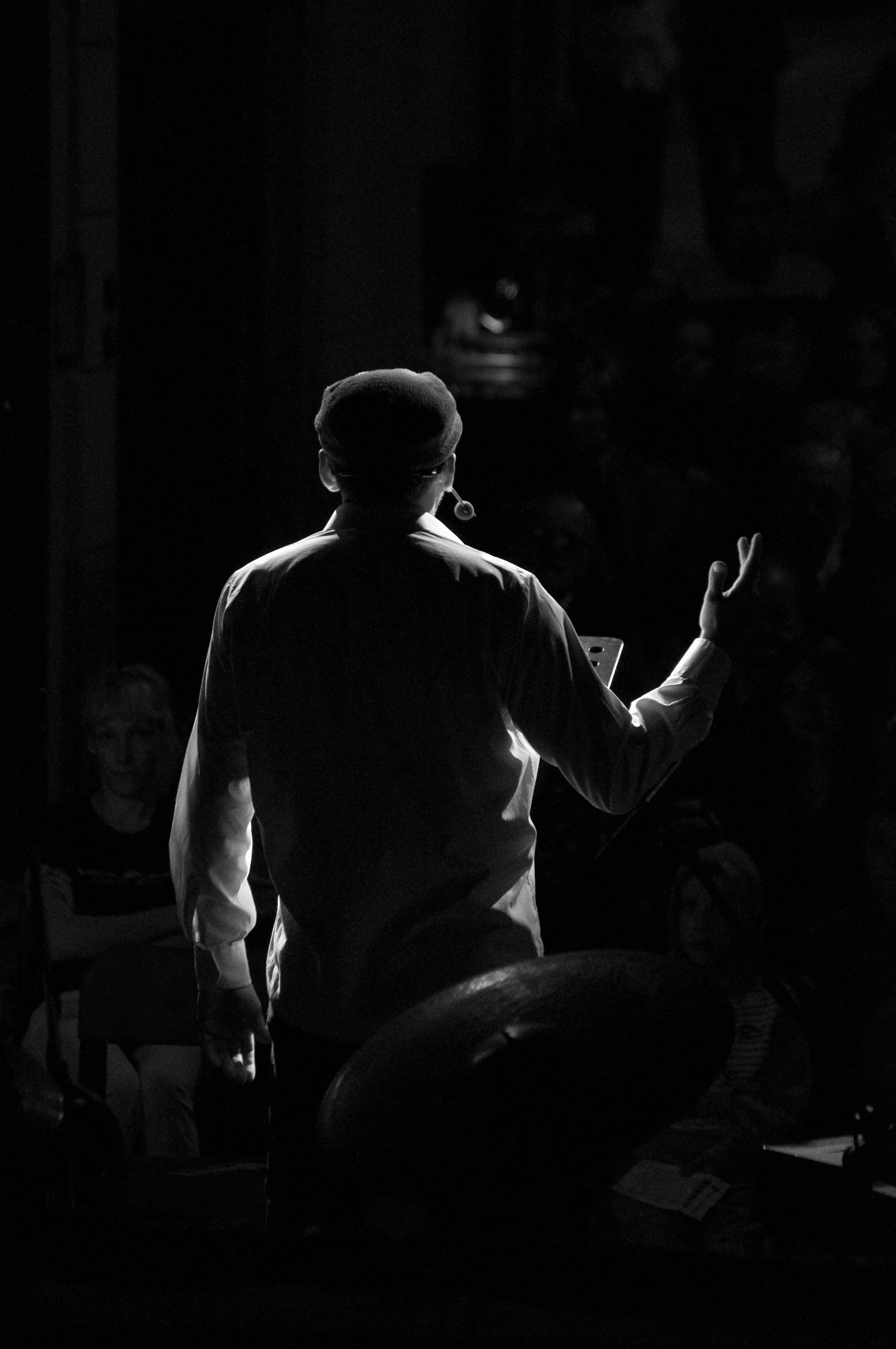
In this article I want to address the issue of how to coach and at the same time how to build a coaching business.
I recently posted on LinkedIn an article called “Should I Become a Coach?”. In that article, I listed 5 qualities a coach needs to have, and 5 attitudes a coach shouldn’t have. The article resonated with many people, but someone commented that good coaches need more than the right personal attributes – they also need to know how to run a business.
Not easy
I thought this was a very good point, because anyone who has ever attempted to start a business from scratch knows it’s not an easy task. You must be a good coach, but as a self-employed coach, you also need to be a jack of all trades. You need to know about websites and IT, social media, marketing, sales, advertising, negotiation, book-keeping, compliance, IP, and so on. Many coaches understandably struggle with all this and wish they could just get on with what they love most – coaching.
The harsh reality
Unfortunately, the world doesn’t work like that and for self-employed coaches to make a career and make a difference they must pay their bills and make a living. If they can’t do that, nobody wins.
But doing all this business stuff is hard work, especially if you’re not good at it. It is hard to wade through technical language that doesn’t even sound like English; to find your way around software programs that aren’t all that intuitive; to write effective ads when character limits are painfully strict; or to be noticed among the endless competition. It’s demoralising when you have so much to give but find it so hard to attract any attention.
Many give up
So it’s really no wonder that many coaches give up in frustration or end up seeing coaching as a sideline business. If you don’t relate to any of this, you are one of the fortunate few. But if you can relate to it, I have something close to my heart to say to you.
Learning the business-related stuff is necessary if you are to create a decent living out of coaching. I know some people find it tacky to talk about money, but your ability to sustain a coaching career depends on being able to make money. But everyone must pay their way. The people you could help tomorrow are depending on you to stay in business today.
You need change fitness to succeed
And this brings me to change fitness – my pet topic. Having to learn difficult and tedious things, to persist with tasks that are totally foreign, to feel swamped by a mountain of stuff you know nothing about and have no desire to do, and to be constantly bombarded by things that seems a world away from coaching – these are all reasons people give up. This is a huge mountain to climb if you’ve never done it before and don’t know how to do it. This is real test of your change fitness.
Your change fitness is your capacity to handle all the challenges that come your way when you try to change something. Change fitness helps you find a way through when you’re feeling overwhelmed, frustrated, and insecure about the tasks of the moment and the pathway ahead. So the more change fitness you’ve got the further you can persist and the more likely you are to succeed.
Not an optional extra
Building your change fitness isn’t just a good idea or an optional extra; it’s a key that determines whether you make it or not. You see, the problem isn’t that the pathway to success is hard. It has always been hard, and it always will be. It is hard for everyone. It’s hard to win a gold medal at the Olympics, to become a famous actor, an acclaimed artist, a recording star, or a military hero. The problem isn’t that it’s hard – the problem is you might not have what it takes to succeed.
To succeed at difficult change, it takes a lot of change fitness. Why? Because your success is up to you. It’s your strengths that will get you through. It’s your fitness that will win the day. Nobody else can fight your battles for you.
As a coach, you need to build your change fitness. I’m not just saying this because I run change fitness programs – I’m saying it because it’s true. You need to build your fitness to succeed at difficult change.
What your clients see in you
But there’s also another reason to build your change fitness. It’s what your clients need to see in you. What right have you got to tell other people they need to be persistent, committed, resilient, and strong if they can’t see that in you? How can you help them build their change fitness if you’ve ignored your own? How can you help them do it if you don’t even know what it is?
Going through the challenges of life and being strong enough to succeed is empowering and rewarding. And it gives you the power to help others. I encourage you to look at these difficult ‘business-building tasks’ in a new light. Use them as a motivation to build your personal change fitness, and then help your clients to do the same.
Let me know your thoughts and, if you’re ready to step up to the plate and build your change fitness, let’s have a chat.
Written by Steve Barlow